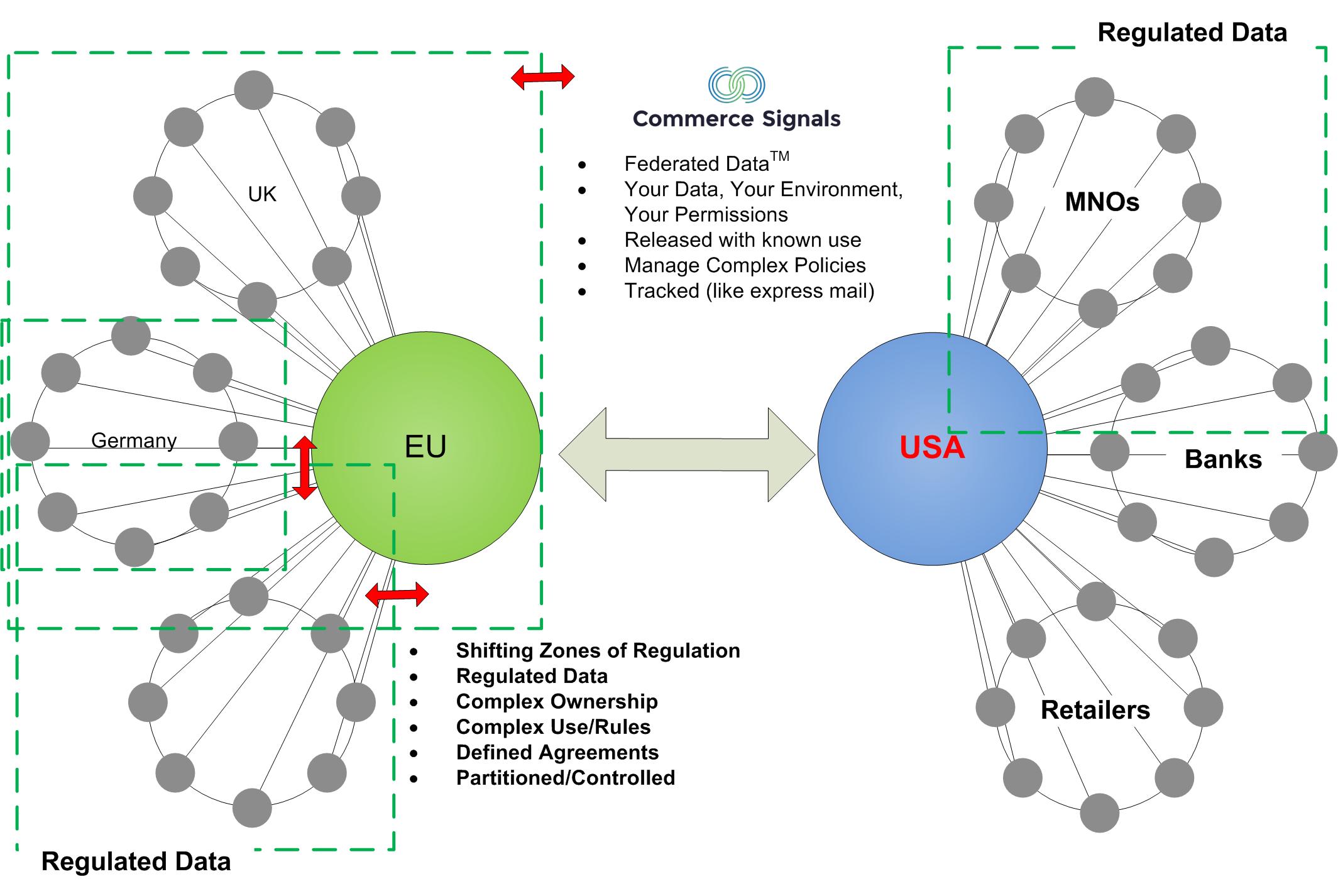Presented yesterday at KBW’s annual Payment Conference.. have a few updates in the rumor mill..
I predicted September of this year for CHP in in previous blog Card Holder Present last month. Issuers don’t like this one bit.. as there is no upside.. Merchants with large numbers of cards on file (Amazon, Google, Paypal, Walmart, …) will not tokenize until they obtain a risk based rate (Companies like Amazon manage fraud down to under 3bps).
Rumor is that one large issuer has been quite vocally against the new CHP rate coming into effect. My guess is that the issuers just funded $60M at The Clearing House (TCH) for them to create a new token utility based upon Bell ID…. and the banks want to use this beyond “faster payments”….
You need to be logged in to view the rest of the content. Please
Log In. Not a Member?
Join Us

